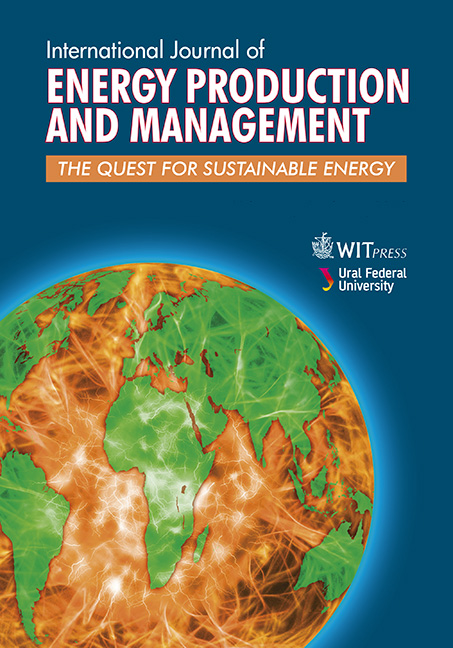Conversion of lignocellulosic biomass in biobutanol by a novel thermal process
Price
Free (open access)
Volume
Volume 4 (2019), Issue 4
Pages
12
Page Range
298 - 310
Paper DOI
10.2495/EQ-V4-N4-298-310
Copyright
WIT Press
Author(s)
Maricelly Martinez, Xavier Duret, Doan Pham Minh, Ange Nzihou & Jean-Michel Lavoie
Abstract
This work aims at demonstrating the possibility of producing 2-butanol from lignocellulosic biomass through a new thermochemical approach. The production of biobutanol was carried out using different lignocellulosic feedstock through a 3-step process: first the whole lignocellulosic biomass is hydrolyzed under acid catalyst to produce levulinates, then the levulinates go through decarboxylation to produce 2-butanone which is, in a final step, reduced to produce of 2-butanol. The experimental conditions for the first two steps of the process were optimized using the response surface methodology (RSM). The latter could represent an opportunity for the production of economical second-generation butanol without having to go through the classical pathway requiring the production of sugar prior to microbial conversion.
Keywords
homogeneous and heterogeneous catalyst, Lignocellulosic biomass, levulinates, platform chemicals, pyrolysis, 2-butanol, biofuel




